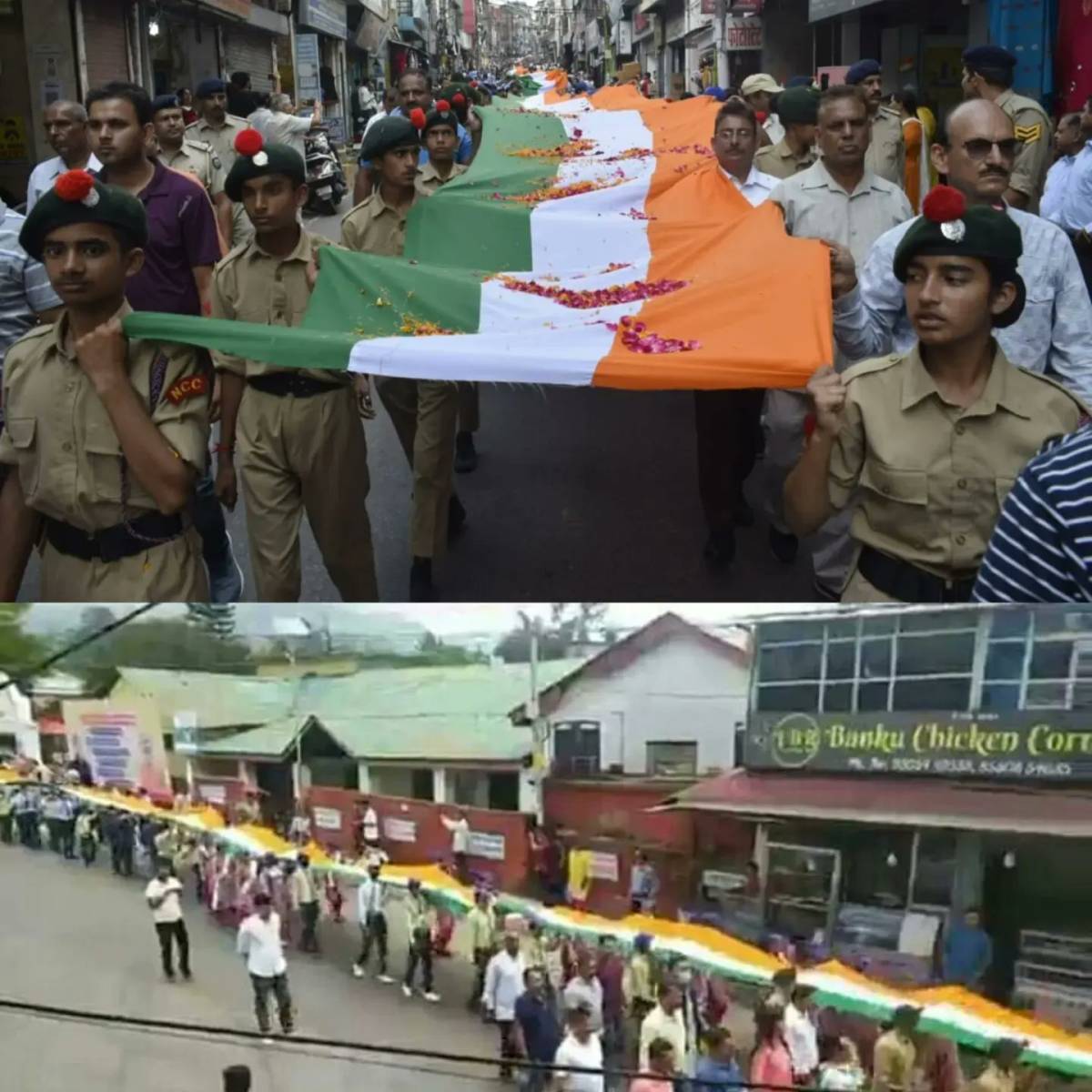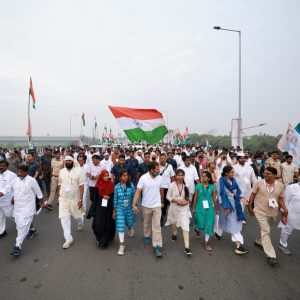They are those who even before visiting India have already made up their minds about ‘Fascist India’, writes Prof. Madhav Das Nalapat
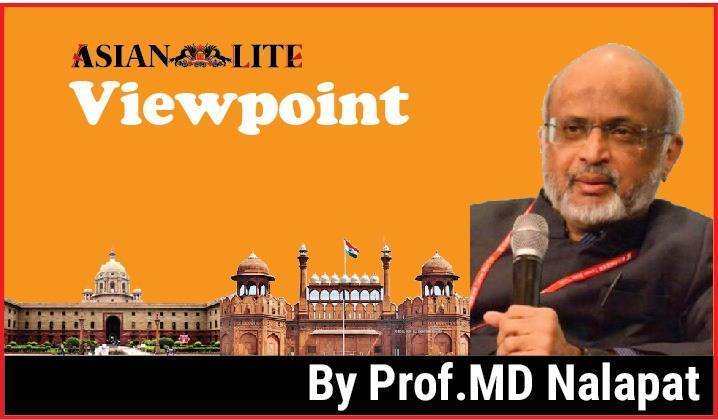
Many international correspondents, both from within the Atlantic Alliance as well as the Sino-Russian alliance, churn out stories filled with horror and despair after sojourns in India. Interestingly, less than a dozen India-based individuals serve almost all such visiting correspondents as their sherpas.
These are hired over and over again in deference to their ability to locate citizens across India who can be expected to mouth the view of India that has been implanted in the mind of each such correspondent. Of course, under the shepherding of the usual sherpas, less than complimentary stories ensue, pleasing editors in CNN, BBC, DW, the New York Times, the (UK) Guardian and the People’s Daily that are among the foreign media outlets working hard at giving an impression to their readers that India is a lost cause.
Someday, a factual expose needs to get written about the way in which the same set of individuals get interviewed again and again. Whether for the publicity or for payment, although seldom out of conviction, such reliable (in the bias sought by the correspondent) sources repeat the same condemnatory or dismissive phrases about the situation in India to foreign television channel after television channel, or to newspaper after newspaper, and therefore get called upon to be interviewed multiple times by editors and correspondents.
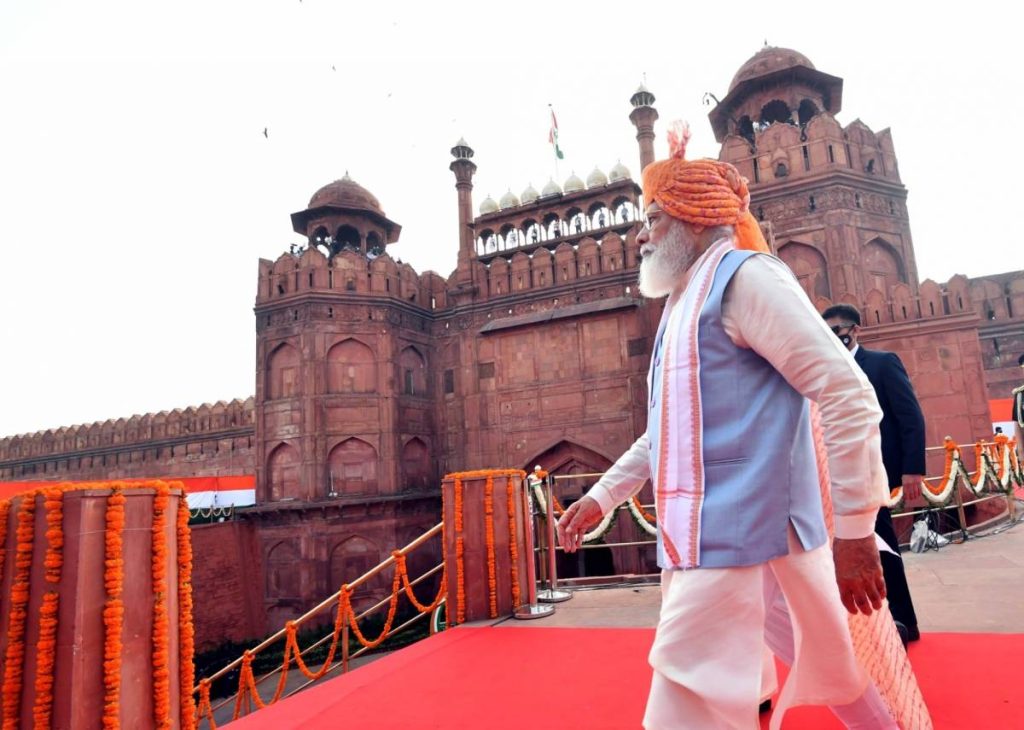
They are those who even before visiting India have already made up their minds about “Fascist India”. In their narrative, the country is either already a fascist state, or is irretrievably on the route to becoming one. The same “victims of fascism” recite from the same playbook that the sherpas who book them have relied on over the years. This portrays India after 2014 as a flailing, failing state.
There are in India some who have lost out as a consequence of measures introduced by Prime Minister Narendra Modi such as sending government assistance directly into the bank accounts of the beneficiaries. Direct transmission has eliminated the cachet secured by politicians and officials through distributing such largesse to the people they are presumed to serve. Not to mention the commission charged on every such transaction.
There is no doubt that there are still cases of harassment by that segment of the official machinery that is dishonest, and which uses the laws and regulations introduced during the UPA period to extort money in exchange for giving a clean chit to an activity that is regarded as criminal only in India with its legacy of colonial-era practices, and not in any other democracy.
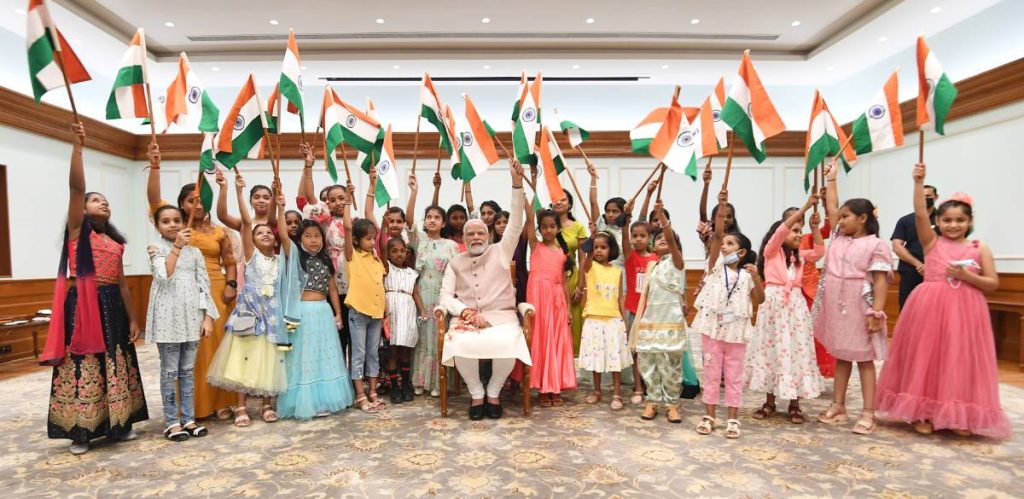
Out of 67,000 mostly unnecessary regulations and laws that were embedded in the administrative system when he took charge, over 29,000 have been sent to the dustbin by Narendra Modi, and if such a pace is kept up, by 2024, entrepreneurs and professionals would no longer be at the mercy of unscrupulous elements in the bureaucracy who utilise the draconian laws enacted by past governments to try and ensure that their kingpins make enough illicit money to comfortably settle sons and daughters in Singapore, if not the UK.
However, the other side of the story is that much progress has been made to ensure that the banking system in India gets cleaned up, and that more and more of the venture capital needed for startups launched within India by brilliant but impecunious minds are from citizens of the country, rather than from abroad, as was the case until recently. Under the rule of those who had almost from birth been fluent in the language, the teaching of the English language was all but abandoned in government schools, but no longer.
UP, Uttarakhand and Delhi are among the states where the teaching of English has been made a priority by their state governments. Such a policy is yet to be visible in Bihar, although this is a state where educational institutions grant marks to examinees in a manner far more generous than witnessed in other states, something that other states are noticing and thinking of emulating.
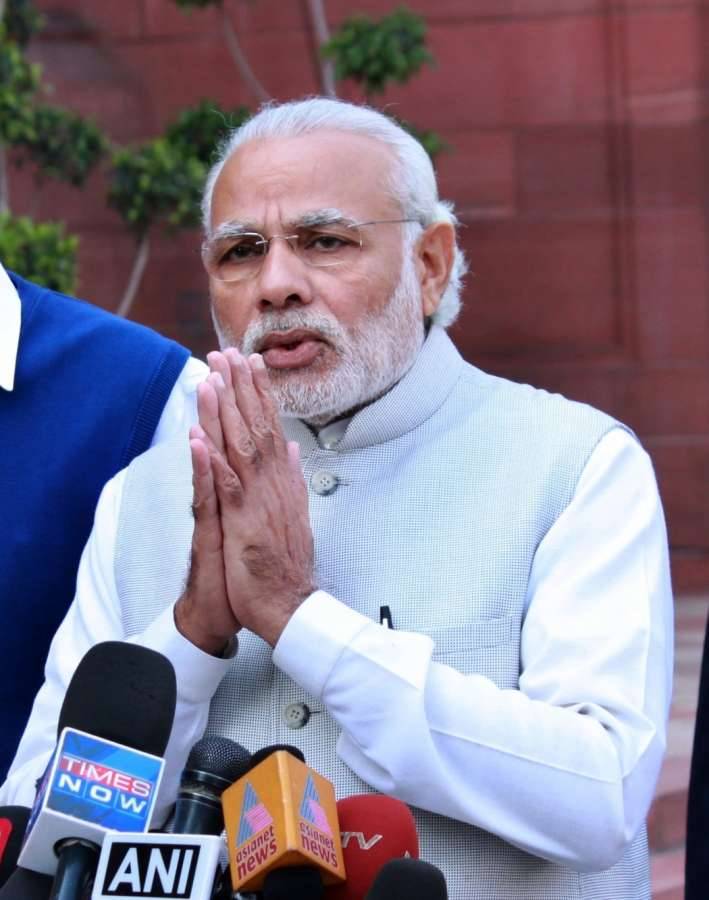
After a while, the beneficial changes that are taking place in India will become too numerous to ignore. At that stage, perhaps the sherpas who have for so long lived off the embedded biases of all too many foreign journalists about the situation in India may lose their livelihoods, for the horror stories churned out in the media as a consequence of their exertions would no longer be believed by their audiences. There is a reason why Narendra Modi remains far and away the most popular politician in India, and that is because of changing realities on the ground that are experienced by hundreds of millions of citizens.






